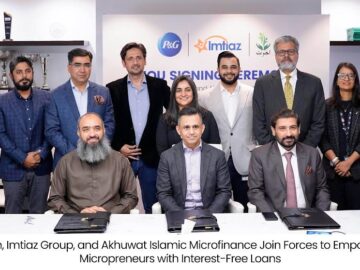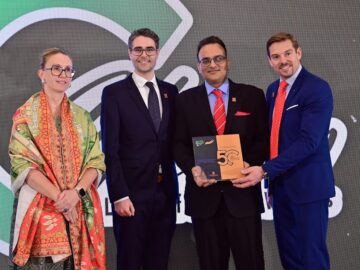
Abu Dhabi Islamic Bank (ADIB) announced the launch of the region’s first tokenised, contactless payment methods through the options of clasp and ring “ADIB PAY”, in partnership with token enablement service provider Tappy Technologies and global digital payments leader, Visa.
Samih Awadhalla, acting global head of Retail Banking at ADIB, said ADIB continues to roll out innovative digital payment services as “we further develop our digital capabilities”.
“We are proud to launch the region’s first tokenised, contactless payment clasp with our partners Tappy Technologies and Visa,” he said.
The set-up process for ADIB Pay is simple and quick. First, the customer’s ADIB Visa card is tokenised via the supporting ADIB Pay application powered by Tappy’s Token Enablement Services (TES) solution.
Second, using the companion Universal Passive Provisioning Unit (UPPU) that connects to ADIB Pay via Bluetooth, the digital card is automatically provisioned to the chip embedded within the payment clasp.
Once provisioning is complete, the customer is ready to make quick and easy payments with the tap of their wristwatch and will be able to instantly view their ADIB Pay transaction history in the application.
“As a certified technology partner of Visa, Tappy extends the power of network token service to safeguard customer-sensitive payment credentials on wearable devices. With the Tappy developed UPPU technology, consumers can digitise their payment cards within seconds and transform their traditional timepiece into a contactless payment accessory without ever needing to recharge it,” Wayne Leung, CEO of Tappy Technologies, said.
Salima Gutieva, vice-president and country manager for UAE at Visa, said wearable tech is a fast-growing segment, especially as the young and digitally savvy generations increasingly demand a seamless cashless payment experience.
“By combining Tappy’s technology with our highly secure tokenisation technology, ADIB can meet their customers’ need for security and convenience at a time when contactless payments are very important,” Gutieva said.










